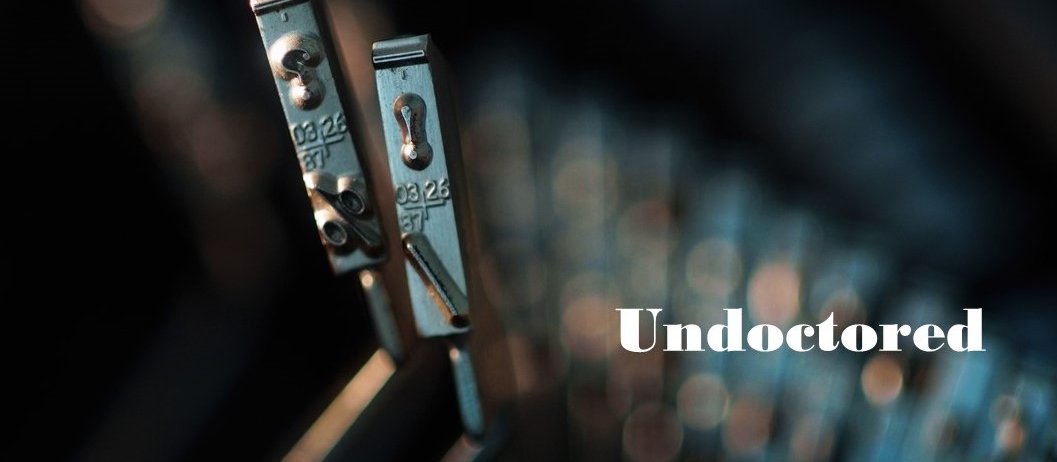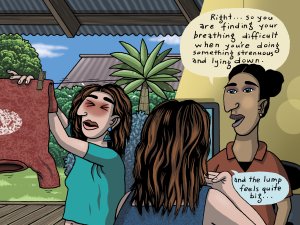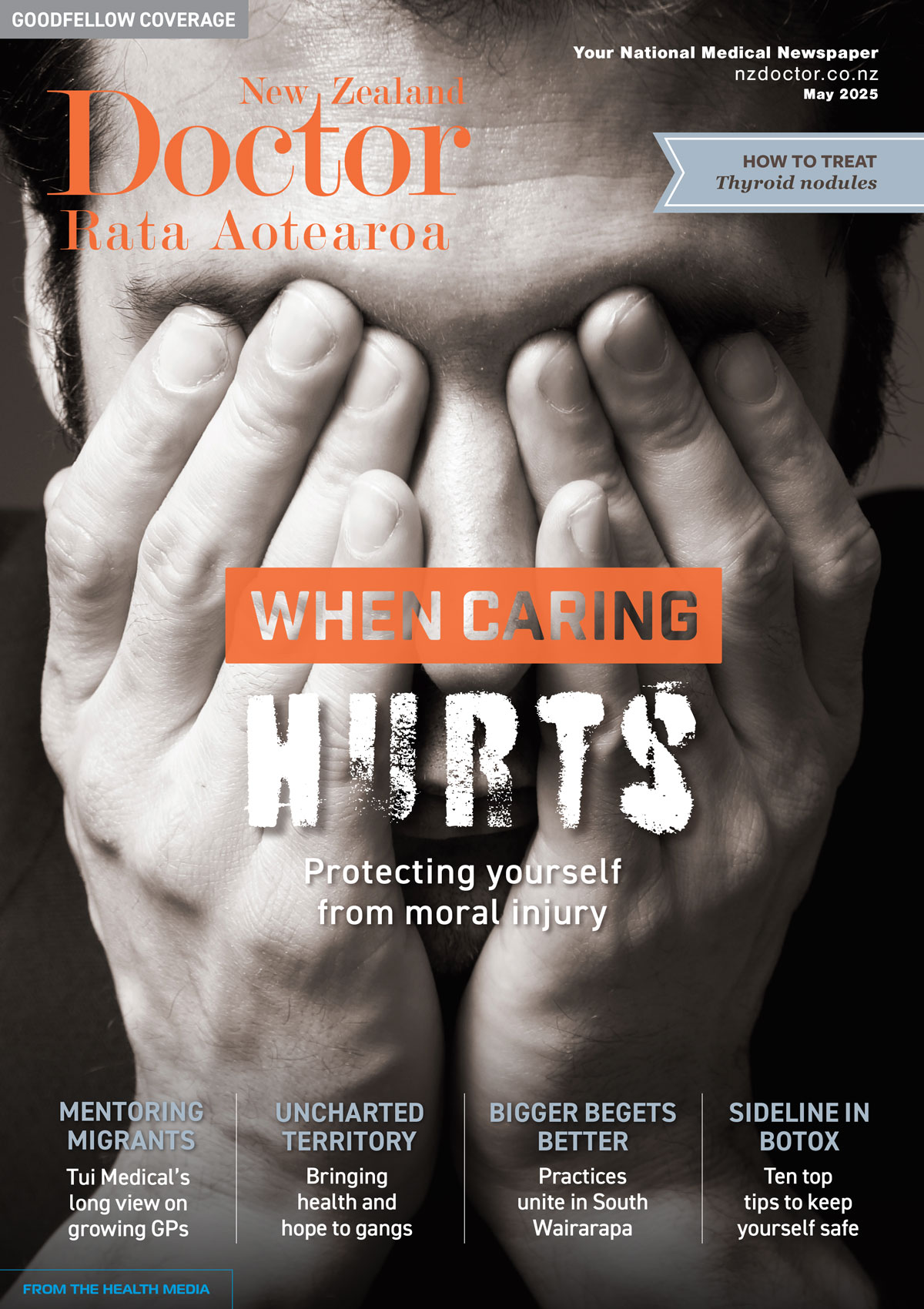Otolaryngologist, head and neck surgeon Francis T. Hall discusses the evaluation of thyroid nodules, which primarily aims to determine the likelihood of malignancy. He then reviews the treatment of thyroid nodules and thyroid cancer, including recent advances in management
Physician associates not the answer to health system under pressure
Physician associates not the answer to health system under pressure

A sign the Aotearoa New Zealand Health Minister envisages more medical specialists’ duties being performed by physician associates comes with risks, especially for Māori patients, doctors say.
On Saturday Minister Simeon Brown announced the Government would regulate physician associates – health professionals who are not doctors but perform some of the same functions.
There are currently around 50 practicing in Aotearoa New Zealand, all of whom are overseas-trained.
Dr Hamish McCay, Aotearoa NZ President at the Royal Australasian College of Physicians (RACP), said there were no tasks performed by physician associates that could not be performed by already-regulated health professions, for which there is local training.
“Physician associates are not the answer to a health system under pressure. We need to focus on growing Aotearoa New Zealand’s own health workforce” Dr McCay said.
“We have concerns about safety, cultural competency when working with Māori patients, and precious resources being diverted away from existing training programs and the supervision of the next generation of doctors.”
Dr McCay said it was also disappointing the announcement was made before the government had even finished a widely-publicised consultation entitled ‘Putting Patients First: Modernising health workforce regulation’.
RACP’s Māori Health Committee Chair, Dr Matt Wheeler, said it was likely that an increase in physician associates would see them deployed to the most under-resourced areas, including areas with a significant Māori population.
“Cultural safety is clinical safety and anyone providing care to Māori patients needs a strong cultural understanding of the multi-faceted issues we face in health and beyond,” Dr Wheeler said.
“Health workers without local qualifications will lack this, and we are concerned a shift towards more physician associates will further increase health inequity between Māori and non-Māori.
“The government would be better focusing on retaining locally trained medical personnel by improving workforce conditions.”




![New Zealand Doctor Rata Aotearoa editor Barbara Fountain, RNZCGP president elect and Tauranga-based specialist GP Luke Bradford, Ministry of Health clinical chief advisor rural health Helen MacGregor, and Health New Zealand Te Whatu Ora clinical director primary and community care Sarah Clarke [Image: NZD]](/sites/default/files/styles/thumbnail_cropped_100/public/2025-05/1.%20Barbara%20Fountain%2C%20Luke%20Bradford%2C%20Helen%20MacGregor%20and%20Sarah%20Clarke.jpg?itok=091NETXI)
![Ngāti Porou Oranga specialist GP Elina Pekansaari and Te Nikau Hospital specialist in general practice and rural hospital medicine David Short [Image: NZD]](/sites/default/files/styles/thumbnail_cropped_100/public/2025-05/2.%20Elina%20Pekansaari%20and%20David%20Short.jpg?itok=h5XfSBVM)
![Locum specialist GP Margriet Dijkstra and OmniHealth regional operations manager (southern) Patricia Morais-Ross [Image: NZD]](/sites/default/files/styles/thumbnail_cropped_100/public/2025-05/3.%20Margriet%20Dijkstra%20and%20Patricia%20Morais-Ross.jpg?itok=jkrtRfJC)
![Golden Bay dairy farmer and dairy industry health and safety doctoral student Deborah Rhodes, and Golden Bay Community Health specialist GP Rachael Cowie [Image: NZD]](/sites/default/files/styles/thumbnail_cropped_100/public/2025-05/4.%20Deborah%20Rhodes%20and%20Rachael%20Cowie.jpg?itok=oM0_GcJc)
![Hauora Taiwhenua clinical director rural health Jeremy Webber, Australian College of Rural and Remote Medicine president Rod Martin and Observa Care director of business operations Deborah Martin, the wife of Dr Martin [Image: NZD]](/sites/default/files/styles/thumbnail_cropped_100/public/2025-05/5.%20Jeremy%20Webber%2C%20Rod%20Martin%20and%20Deborah%20Martin%2C%20the%20wife%20of%20Dr%20Martin.jpg?itok=P_aGmX_H)
![Spark Health chief executive John Macaskill-Smith and client director Bryan Bunz [Image: NZD]](/sites/default/files/styles/thumbnail_cropped_100/public/2025-05/6.%20John%20Macaskill-Smith%20and%20Bryan%20Bunz.jpg?itok=5yJvVZ0I)
![Associate dean (rural) Kyle Eggleton, third-year medical student Roselle Winter, and second-year pharmacy student Alina Khanal, all from the University of Auckland [Image: NZD]](/sites/default/files/styles/thumbnail_cropped_100/public/2025-05/7.%20Kyle%20Eggleton%2C%20Roselle%20Winter%20and%20Alina%20Khanal.jpg?itok=RQLd3TEs)
![Health New Zealand Te Whatu Ora clinical editor and specialist in general practice and rural hospital medicine Anu Shinnamon, and Whakarongorau chief clinical officer Ruth Large [Image: NZD]](/sites/default/files/styles/thumbnail_cropped_100/public/2025-05/8.%20Anu%20Shinnamon%20and%20Ruth%20Large.jpg?itok=i5TMswY9)
![Te Kahu Hauora Practice specialist GP Jane Laver and Ngāti Kahungunu ki Tāmaki-nui-a-Rua chief operations manager Tania Chamberlain [Image: NZD]](/sites/default/files/styles/thumbnail_cropped_100/public/2025-05/9.%20Jane%20Laver%20and%20Tania%20Chamberlain.jpg?itok=jtMklaCZ)